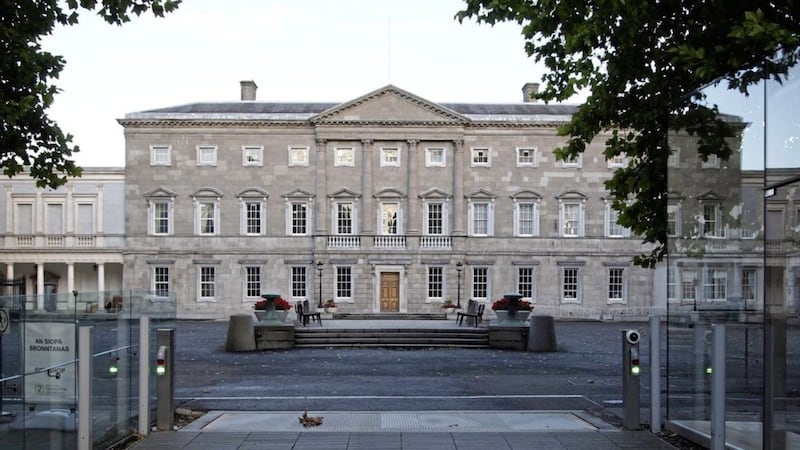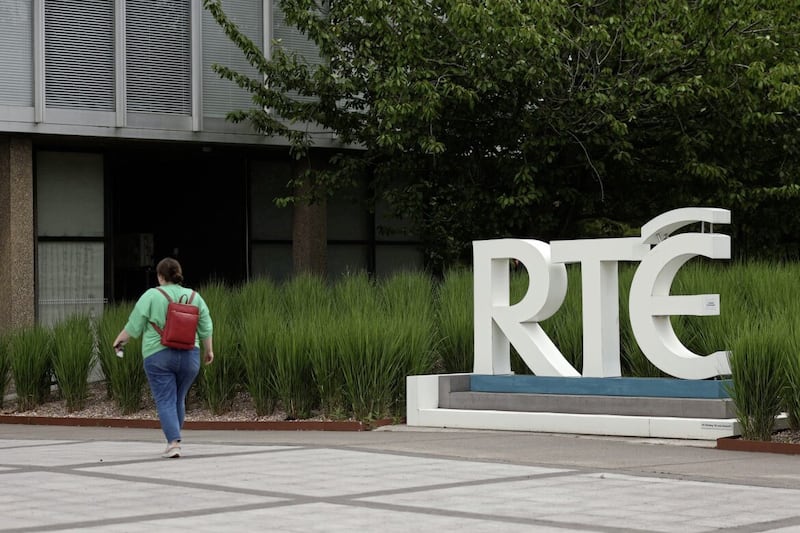THERE was a radical slogan that surfaced in the Second World War, but may have been originally coined during the 1914-18 conflict. The wording of it was: “Turn the guns the other way.”
Socialists deployed it in an effort to persuade soldiers on both sides to give their class interests priority over the aims of the national government that had recruited or conscripted them. Indeed the mutiny by soldiers against the Tsarist regime was a turning-point in the Russian Revolution of 1917.
You would have doubts about the slogan in the context of the 1939-45 war, given the sheer unmitigated evil of the Holocaust perpetrated by the Nazis (not that I’m excusing what the Americans did at Hiroshima and Nagasaki or Stalin’s massive repression in the Soviet Union either.) But you couldn’t easily dispute the value of the rallying-cry in terms of the First World War, where neither side had significant moral superiority over the other. It is hard not to be inspired by the story of that soccer match on Christmas Day 1914 played in No Man’s Land at Flanders between British and German soldiers. We are told they started off exchanging cigarettes and ended up playing the Beautiful Game. Apparently the Germans won by two goals to one. Just perfect, some readers might say.
Ireland, north and south, is divided between privileged and underprivileged classes but radical politics has not so far made a great deal of progress in either jurisdiction. The northern scene is of course dominated by the endless conflict between unionism and nationalism. In the south, one of the few occasions where the ``class struggle'' openly rears its head is at an election-count.
As the votes are being processed, observers and party activists can be heard making remarks such as: “That’s a middle-class area, Fine Gael will do well there.” If the ballot-box is from a less-prosperous district, they might comment: “Sinn Féin will win that, with the working-class vote.” Fianna Fáil traditionally had a foot in both camps: the party was famous for straddling the class divide but it hasn’t been attracting the same level of support in recent years, e.g., in the 1977 general election FF got 50.6 per cent of first-preference votes but secured only 22.2 per cent in the 2020 contest.
The class issue comes to mind when considering the very important by-election due to take place in the Dáil constituency of Dublin Bay South on July 8. When I last wrote about it, the contest was known as “The Battle of the Barristers” because the Fine Gael, Fianna Fáil and Labour candidates are all members of the legal profession. Since then, Senator Lynn Boylan, a former Member of the European Parliament but not a barrister, has been nominated as the Sinn Féin contender. The betting figures at two websites, as I write, have Fine Gael’s Councillor James Geoghegan at 6/5, Senator Boylan at 6/4 and Labour’s Senator Ivana Bacik at 7/2.
As I made my way around the constituency, it was clear Sinn Féin is putting its faith in the proletariat. On Ailesbury Road, possibly the grandest throughfare in the city, I saw posters for Green Party Councillor Claire Byrne, as well as the aforementioned FF, FG and Labour contenders, but none for Lynn Boylan. However, her placards were very much in evidence on Thorncastle Street, in proudly working-class Ringsend.
A Red C poll in the Business Post last Sunday, on voting intentions throughout the state in the next general election, had Fine Gael at 30 per cent, Sinn Féin at 29 and Fianna Fáil a distant third with 13 points. The Irish Mail on Sunday has reported on a call by Fine Gael minister Simon Harris for a vote-transfer partnership in the by-election with coalition allies Fianna Fáil and the Greens because “the alternative is to elect another Sinn Féin TD in the constituency” (Chris Andrews won a seat for SF in last year’s general election.) However, taoiseach and FF leader Micheál Martin quickly rejected the suggestion.
Nothing is certain in politics, but the Fine Gael candidate is expected to get the highest vote on the first count. Sinn Féin’s best chance is if their candidate comes second, with Labour in third place, since Bacik’s transfers might get Boylan over the line. But an Irish Times/Ipsos-MRBI poll looks better for Bacik.
Email: Ddebre1@aol.com; Twitter: @DdeBreadun








